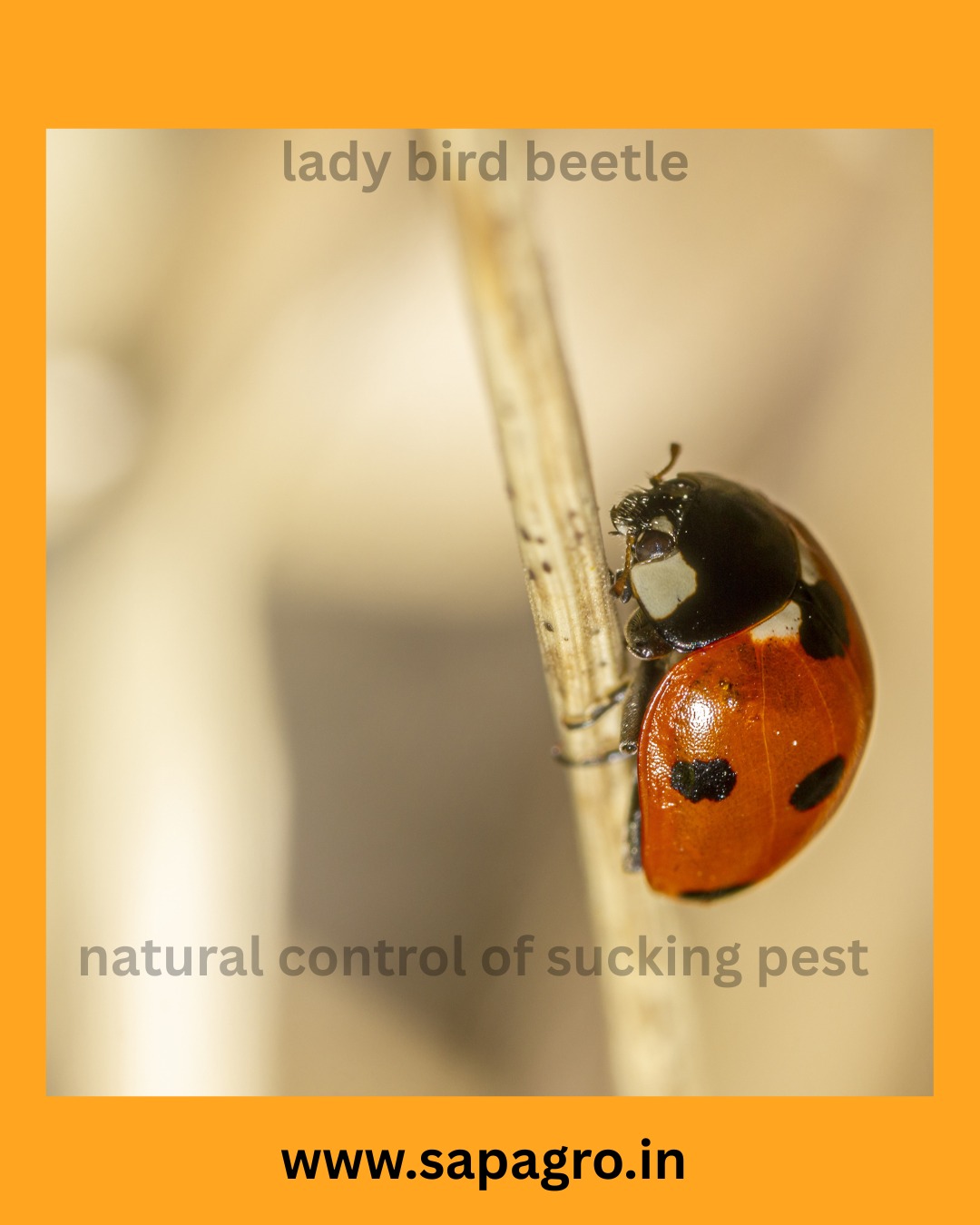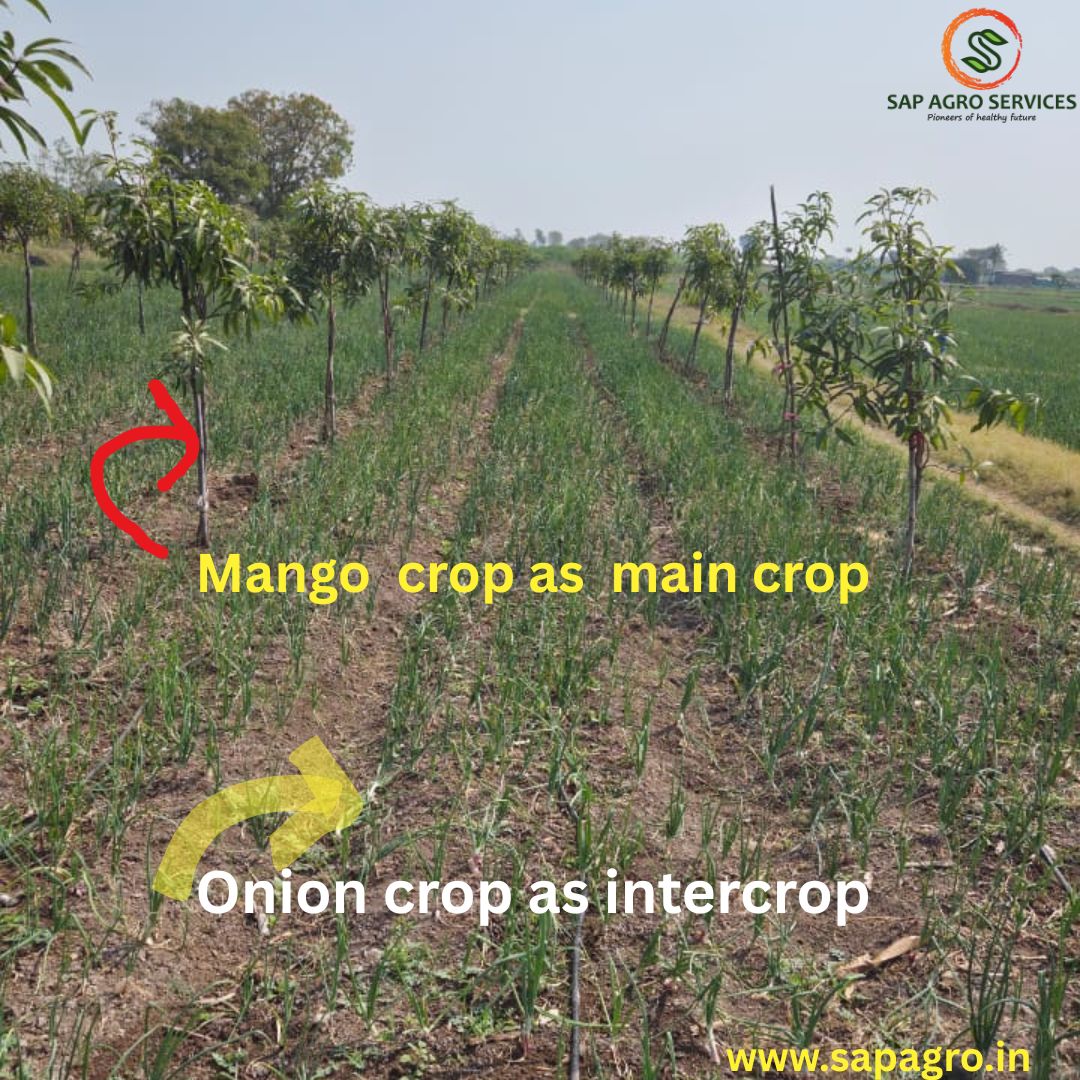Organic farming is all about growing food naturally without using harmful chemicals. One of the best ways to do this is by using natural fertilizers, and agricultural food processing wastes are perfect for this purpose. Let’s explore why agriculture food processing wastes are great for organic farming and how they can help improve soil and crop health.
What Agriculture Food Processing Wastes are?
Food processing wastes are the leftover parts of food that aren’t used in the final product. They refer to the residues, byproducts, or waste treatment residuals generated from commercial food manufacturing or operations. These can include fruit and vegetable peels, seeds, pulp, and other organic materials. Instead of throwing these away, they can be turned into valuable fertilizers for farming. This not only helps the environment by reducing waste but also provides essential nutrients to the soil.
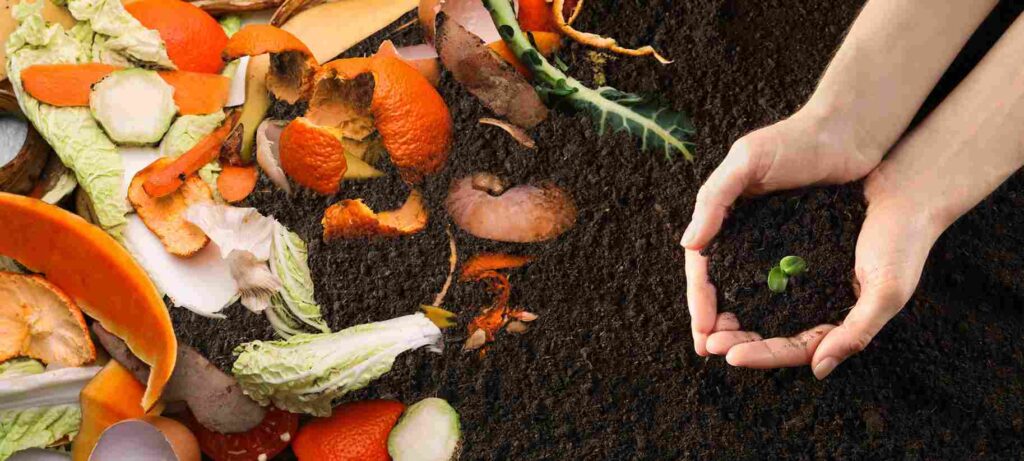
Benefits of Using Agriculture Food Processing Wastes as Fertilizer
- Nutrient-Rich Composition: byproducts are rich in essential nutrients such as nitrogen, phosphorus, potassium, and various micronutrients. These nutrients are vital for plant growth and soil health, making them an excellent alternative to synthetic fertilizers.
- Improved Soil Structure: Organic matter from food wastes enhances soil structure, improving its ability to retain water and nutrients. This leads to better root development and overall plant health.
- Cost-Effective: Utilizing these residues as fertilizers reduces the need for expensive chemical fertilizers, lowering production costs for organic farmers.
- Waste Reduction: Repurposing food processing byproducts minimizes the amount of agricultural food waste that ends up in landfills, reducing environmental pollution and greenhouse gas emissions.
- Sustainable Farming Practices: Incorporating agricultural food waste into organic farming aligns with sustainable agriculture principles, promoting environmental conservation and resource efficiency.
Best Practices for Using Agriculture Food Processing Wastes in Organic Farming
- Composting: One of the most effective ways to convert agriculturalfood processing byproducts into fertilizer is through composting. Composting involves the aerobic decomposition of organic matter, resulting in nutrient-rich compost that can be applied to fields.
- Aerobic Composting: This method requires the presence of oxygen and involves regularly turning the compost pile to ensure proper aeration. It produces high-quality compost within a few months.
- Anaerobic Composting: This method occurs in the absence of oxygen and takes longer to decompose. However, it produces biogas that can be used as an energy source.
- Vermicomposting: This process involves using earthworms to break down organic matter. Vermicompost is rich in nutrients and beneficial microorganisms, enhancing soil fertility and plant growth.
- Direct Application: Some food residues can be directly applied to the soil. For example, coffee grounds, eggshells, and fruit peels can be used as mulch or mixed into the soil to provide nutrients.
- Liquid Fertilizers: They can be processed into liquid fertilizers through methods such as anaerobic digestion or fermentation. These liquid fertilizers can be applied as foliar sprays or soil drenches.
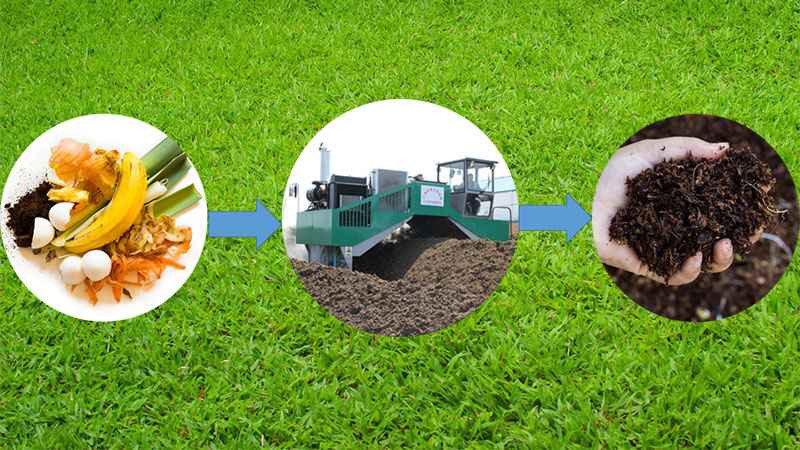
Examples of Agriculture Food Processing Wastes Used as Fertilizers
- Fruit and Vegetable Peels: Rich in potassium and other nutrients, these can be composted or used as mulch.
- Coffee Grounds: High in nitrogen, coffee grounds can be added directly to the soil or composted.
- Egg Shells: A great source of calcium, crushed eggshells can be mixed into the soil to improve its structure and pH balance.
- Fish Waste: Fish bones and offal are high in nitrogen and can be composted or processed into fish emulsion, a potent liquid fertilizer.
- Spent Grain: A by-product of brewing beer, spent grain can be composted to add organic matter and nutrients to the soil.
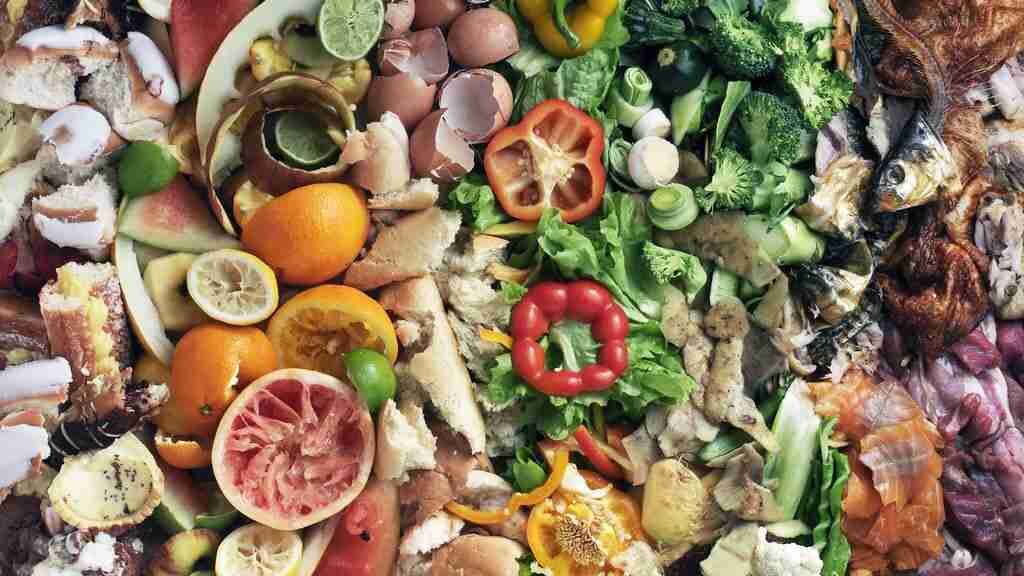
Conclusion:
At SAP Agro Services, we believe that the key to successful organic farming lies in innovative and sustainable practices. Utilizing agricultural food processing wastes as fertilizers not only enriches the soil and promotes healthy crop growth but also aligns with our commitment to environmental stewardship. By adopting these practices, organic farmers can optimize their yields, reduce costs, and contribute to a healthier planet.
For more information on organic farming training, practices, and certification, contact SAP Agro Services, and let us help you cultivate a greener future.

